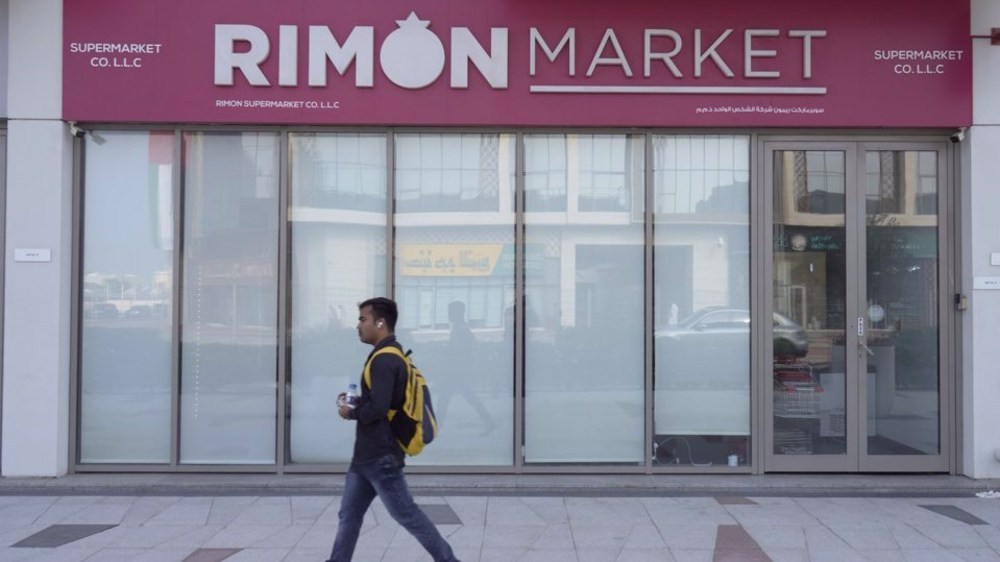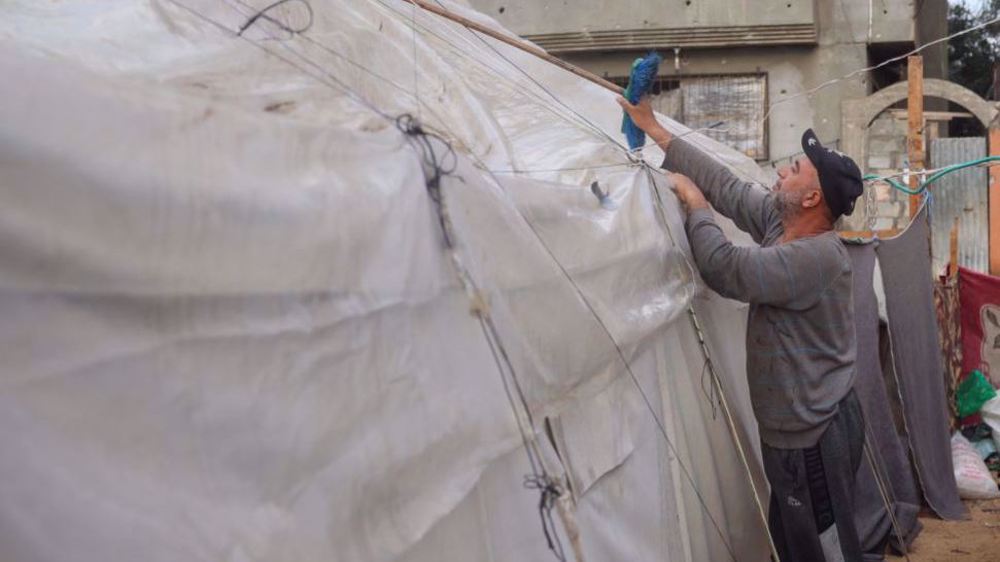Netanyahu's corruption trial resumes amid COVID-19 protests, economic fallout
An Israeli court has resumed the corruption trial of prime minister Benjamin Netanyahu after a two-month delay amid mounting protests over his corruption and poor handling of the coronavirus crisis.
On Sunday, the Jerusalem District Court decided that the evidentiary phase in Netanyahu’s corruption trial would begin in January next year, with witnesses being heard three times a week.
The decision was taken after the judges accepted a request by Netanyahu’s lawyers to give them additional time due to the coronavirus crisis and having more time to study the case’s investigative materials.
Netanyahu did not attend the Sunday session as a spokesman for the prosecution said the session would be focused on a technical discussion
Netanyahu, the first serving Israeli prime minister to go on trial, was indicted last November in at least three cases of alleged bribery, fraud and breach of trust. He is accused of receiving extravagant gifts from his billionaire friends, and granting media tycoons some regulatory favors in return for more agreeable coverage of himself and his family.
In the first hearing in May, the premier denied the charges. At the time, the court agreed to give an additional two-month break to his lawyers due to the pandemic.
The second hearing was focused on the additional amount of time his lawyers requested and the timeline of the trial. Furthermore, in Sunday’s hearing, which was described as being technical, only the defense attorneys were present, not the accused.
Netanyahu, 70, clinched in April a power-sharing deal with centrist and bitter rival Benny Gantz, after the pair failed to secure parliament seats sufficient to form a majority administration following three inconclusive elections since April 2019.
If found guilty, Netanyahu will face a sentence of up to 10 years in prison and/or a fine for his bribery charges, and a jail term of up to three years for the allegations of fraud and breach of trust.
Netanyahu’s second hearing on Sunday opened as the Tel Aviv regime is contending with mounting public discontent over his poor handling of the health crisis following a sharp rise in COVID-19 cases and the re-imposition of coronavirus curbs in recent weeks.
Rising unemployment, part of which caused by the pandemic’s economic fallout, has also led to the public outrage over Netanyahu’s handling of the crisis.
On Saturday, Israeli police resorted to water cannons to disperse protesters around Netanyahu’s residence in Jerusalem al-Quds. In Tel Aviv, thousands of demonstrators convened to demand better aid from the regime to help their businesses badly hurt in the health crisis.
Israeli commander resigns after researcher killed in Lebanon
Iran says gas supply to Iraq flowing normally
UAE says 3 Uzbeks arrested over Israeli-Moldovan rabbi's murder
Lebanon, Israel almost 'close' to ceasefire deal, officials say
Heavy rains flood tents in Gaza as Israel intensifies attacks
VIDEO | Press TV's news headlines
Iran warns UN credibility at risk amid Israel’s campaign of genocide
Embassy in Tehran flagged for excessive electricity usage












 This makes it easy to access the Press TV website
This makes it easy to access the Press TV website